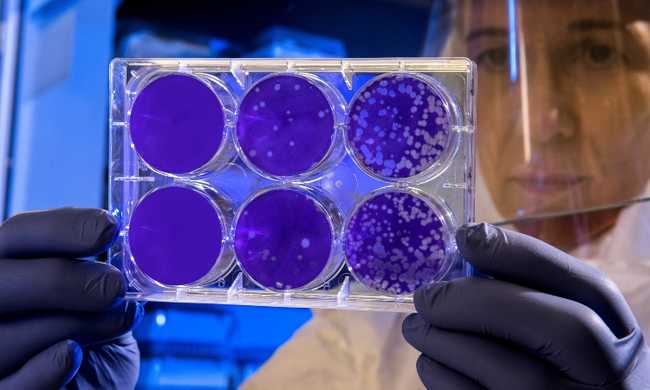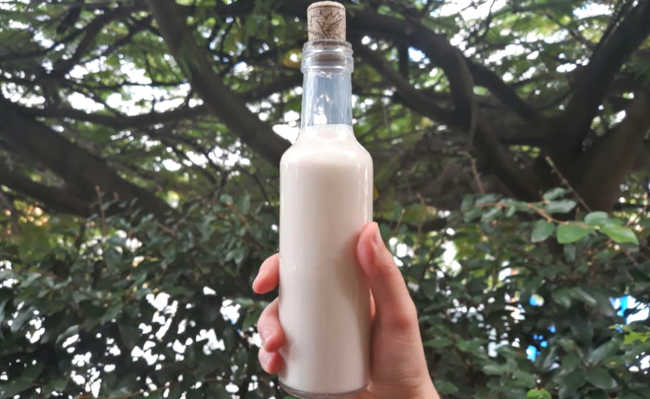Bad eating habits can accelerate aging. Meet villains and tips to avoid risks
Bad eating habits can age. see how

Eating is delicious, but some foods (especially the tastiest ones) can make you gain pounds and look, say, older. Nutrition determines good internal body chemistry, which in turn determines the quality of the body's organs, cells and systems of functioning. For all that, your eating habits are fundamental to how you feel the effects of aging - there is a direct relationship between eating poorly and aging. Next, know the main villains and see foods that age and how to correct those bad eating habits that may be aging you from the inside out.
1. “Fast food”

Worst enemy
Trans fat, which is vegetable fat that undergoes a natural or industrial hydrogenation process. This process serves to make fats more solid and foods even tastier. It's not synthesized by the body, so it shouldn't even be consumed by humans. However trans fat labeling can be misleading - if the product contains 0.5 grams, manufacturers may list it as 0%. To be sure, check the ingredient list for "hydrogenated" or "partially hydrogenated" oils, which indicate the presence of trans fat. Also, this type of fat is just one of the many problems associated with these foods.
how they age you
Trans fat is an aging bomb. Its most harmful effect is that of chronic inflammatory processes; these processes shorten telomeres, which act as “intrinsic counters” for cell division, protecting the body against uncontrolled divisions, as in cancer, for example. Every time a chromosome splits, the telomere shortens, so telomere length is not only a sign of how old you are, but also a measure of how well your body is aging.
Mehmet Oz, cardiac surgeon at Columbia-Presbyterian Medical Center in New York (USA), Co-author of the book: YOU: Staying Young, compares telomeres with the ends of the shoelaces. If they break, that's bad - he explains - because the shorter the telomere, the less efficient the chromosome. How do they translate in the body? "If your telomeres are short, you lose your ability to regenerate your organs," he explains.
In addition to trans fat adding years to your age, it “smothers the dialogue” between cells, which need malleable walls for such action. The unique size of trans fat hinders the proper functioning of the system.
care
Make it a habit to always read product labels, stay away from fast food (Although many chains are striving to reduce the trans fat in their products, few have achieved a total “clean up”).
2. Give in to the treats

Worst enemy
Sucrose (the refined, highly processed and crystallized version of plant sugars).
how they age you
Our bodies have a limited ability to break down sugar, in addition to limited access to concentrated forms. With the gigantic loads we consume today, great pressure is put on our systems. Excess blood sugar can cause glucose to modify proteins, glycosylation, which is a process that causes cell aging in several ways: First, it slows down the body's repair mechanisms. Although the glycosylation effects occur mainly on the inside, skin aging is an outward sign. When there is a lot of sugar in the blood, the skin loses its natural repair mechanisms, explains Shawn Talbott, nutritional biochemist and author of "The Metabolic Method" (Currant Book, 2008).
Sugar molecules stick to the skin's collagen, making it less elastic; wrinkles appear more quickly and the organ will not heal faster if it is injured. Glycosylation also ages the body, creating oxidative stress. Sugar molecules in the body cut and irritate everything they touch, just like broken glass. This oxidation eventually leads to an accumulation of toxins called AGEs. Advanced Glycation End-products), which are end products of advanced glycosylation. The accumulation of some AGEs is natural, but if increased in the blood five times over a person's lifetime, such accumulation can damage cell motors (responsible for transporting cellular elements). Cellular energy loss gives rise to a dizzying array of age-related complaints such as loss of memory, hearing, vision, and endurance. AGEs can accumulate in the arterial plaque of people with heart disease and also in the brain of people with Alzheimer's and Parkinson's disease, and can influence the formation of cataracts.
care
Choose foods made with natural sugars such as honey, maple syrup, rice syrup or agave nectar. "Foods sweetened naturally tend to be less refined and have more whole grains, which is a benefit for reducing the sugar load," says Talbott.
3. Carbohydrates

Worst enemy
Refined carbohydrates, starchy carbohydrates.
how they age you
Refined carbohydrates are simply sugars in disguise. "All starch turns to sugar the minute it hits your bloodstream," says Henry Lodge, co-author of Younger Next Year: Live Strong, Fit and Sexy - Until You're 80 and Beyond (The New York Times bestseller ).
After a meal full of carbohydrates, blood sugar levels rise and the release of insulin from the pancreas into the bloodstream is converted to glucose. But the body often releases too much insulin, as evolution has not kept pace due to today's diet. As a result of too much insulin, within 30 minutes you are hungry again. "The body was not designed for this yo-yo effect. All we can do is break it into pieces and pieces, which is exactly what happens." The technical term for this effect is insulin resistance, a precursor to such age-related illnesses as type 2 diabetes, metabolic syndrome, and heart disease.
care
Choose complex carbohydrates such as legumes, vegetables and whole grains, as they provide a good dose of fiber and nutrients. "In general, I tell people to eat whatever sugar they want, as long as the food is high in nutrients. However, if nutrients are limited, try to avoid any food that has more than four grams of simple carbohydrates or sugar per serving. Another option is to avoid simple carbohydrates if they're listed in the first five ingredients." recommends Oz.
4. Wait for hunger to eat something

Worst enemy
Ghrelin (hormone responsible for hunger). When the stomach growls, the brain understands it's hunger. The problem is that it takes 30 minutes for ghrelin levels to return to normal after the meal has started, causing you to eat even more.
how they age you
Hunger can lead you to exaggerate, including the items mentioned above, bringing complications. So always carry a healthy mini-meal kit so you don't go hungry. But that doesn't mean you shouldn't respect meals.
care
Always keep some food in your stomach, eat healthily between meals. Adopting these habits encourages well-being and aging tends to occur in a healthy way.
5. Eating while busy or stressed

Worst enemy
Cortisol (a stress hormone secreted by the adrenal glands).
how they age you
Stress hormones are contrary to digestion, they eliminate the acidity of the intestine and its ability to absorb certain nutrients, such as vitamin B12. It does not stop there! Cortisol also eliminates the body's repair mechanisms. "When you eat when you're stressed, it's like you're damaging your body and blocking repair crews," says Henry Lodge. And finally, eating while you're stressed or distracted makes your food intake unconscious, which means you start eating more because you don't realize you're already full.
care
Find a place where you can relax and focus on your eating so your body will assimilate food more efficiently.
Source: Care2










